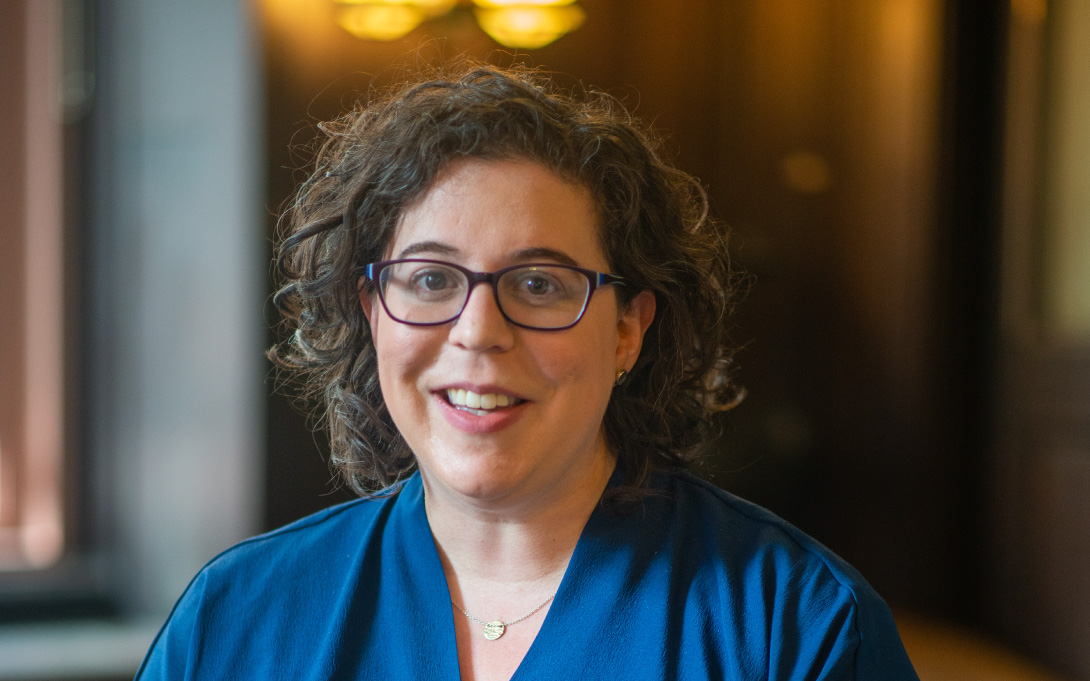
On December 16, 2024, Ford School Associate Professor Sarah Cohodes testified before the New Jersey Senate Higher Education Committee. She was called on to speak at a public hearing to assist lawmakers in evaluating the status of charter schools within the state of New Jersey, specifically the impact of the Charter School Program Act of 1995 on New Jersey’s students.
For the past 15 years, Cohodes has estimated the causal impact of charter schools on students’ academic outcomes in Massachusetts.
Summarizing New Jersey-specific and national charter school research, Cohodes drew several conclusions for the committee:
- New Jersey charters may increase test scores for those students that attend, however any test score differences are relatively small. Impacts are larger for Black and multiracial students, and students in poverty.
- There is no broad New Jersey-specific evidence on the impact of charter school attendance on non-test score outcomes like high school graduation, college preparation, and college enrollment, though evidence from outside of NJ shows some charter schools do boost these longer-term outcomes.
- Charters operated by management organizations outperform stand-alone charters.
- It is reasonable to be wary of for-profit charter schools but their performance may depend on the structure of the school (independent vs. networked) and how many and which services are contracted out.
- Virtual charters perform poorly.
"Understanding the impact of charter schools on the students who attend them provides only part of the picture," Cohodes said.
Further, Cohodes explained that the legal framework in which charter schools operate can affect their outcomes. Correlating charter school market share and charter school effectiveness with state-level policies and laws is a difficult task, she said, "because charter school policies often are bundled together, and it is hard to generate a causal assessment of whether a policy causes a particular outcome."
Cohodes summarized several conclusions from a recent national study from Harris and McKenzie (2023):
- States have higher charter school market shares when:
- There is no state cap on the number of charter schools;
- The state allows independent/alternative authorizers (in addition to LEAs);
- The state has stronger contract renewal standards.
- States with more equitable funding between charter schools and traditional public schools have greater charter school quality (as measured by student achievement growth).
- States with no charter school caps have lower charter school quality by the same measure.
- State policy reveals a “quantity-quality tradeoff,” with many policies that predict greater charter school market share predicting lower charter school quality, and vice versa. This implies that greater charter school regulation may limit the number of charter schools but increase the quality of the charter schools that are present.
Read more about the hearing here.
